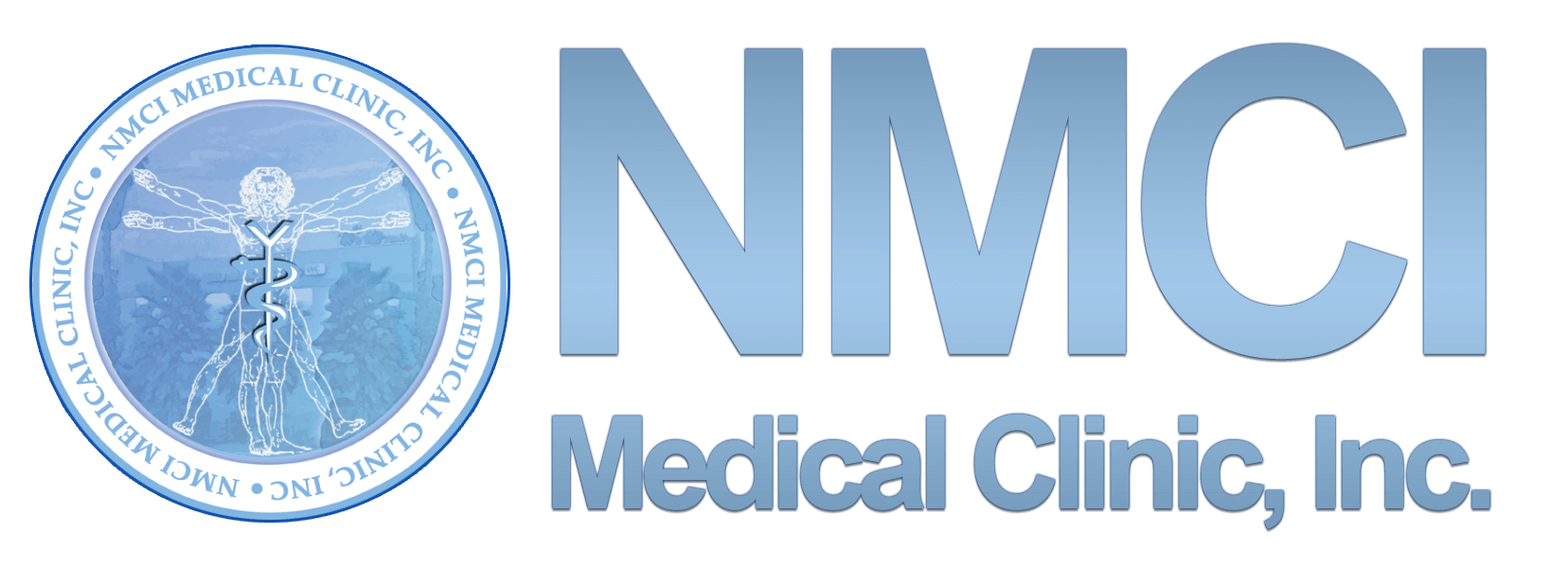What Are Some Benefits of Second Medical Opinions?

Here are a few additional examples of why someone might seek another opinion:
Symptoms Are Not Improving With Treatment
If a doctor doesn’t offer alternative treatments or isn’t willing to work with you to find them, then a consultation with another doctor or with a specialist may be helpful, especially for patients who are in pain. In order for a treatment to be effective, your doctor needs an accurate understanding of the problem. A second opinion can shed light on your condition. That, in turn, can pave the way for an accurate diagnosis and effective treatment.
Your Doctor Has Recommended a Risky Treatment
You might seek another opinion if your doctor has recommended a treatment that’s invasive, dangerous, experimental or can cause permanent injury. Another reason to get a second medical opinion is if your doctor recommends a surgery that’s not absolutely essential. Another doctor may be able to suggest safer treatments that are less likely to cause harm. On the other hand, a consultation can help you to decide whether the potential benefits of an uncertain treatment might be worth the risk.
You Have a Rare Disease
Depending on how uncommon your condition is, there may be little information about it and no research studies to refer to. Another physician may have a better understanding of your condition and be better equipped to help. With uncommon conditions, the potential for misdiagnosis is high, so be sure to do your own research, too.






